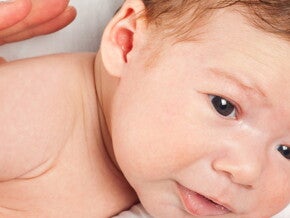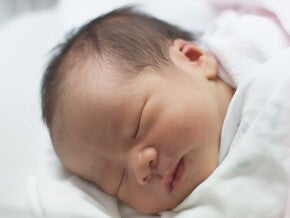
For information about your baby’s nutrition and health from 0 – 6 months please contact your healthcare professional
For information about your baby’s nutrition and health from 0 – 6 months please contact your healthcare professional
-
.
Related articles
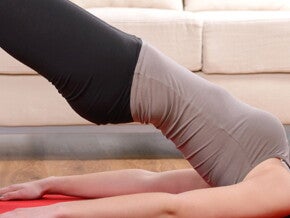
Postnatal exercise progressions
Check your basic progressive exercise programme with your caregiver.
5 mins to read

Baby bottle feeding equipment
you have decided to bottle feed your baby
1 min to read
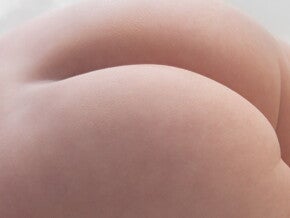
Rashes
A young baby’s skin passes through many phases, from clear to spotty (rash), to peach-like. This may be due to the transition from a protected environment in the womb to the outside world.
5 mins to read

Baby Thrush
Thrush is a fungal infection and can be found in your baby’s mouth, nappy area or under the chin. The fungus lives on the skin and usually causes no harm, but when conditions are favourable,&n
2 mins to read
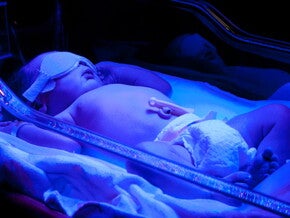
Common concerns in the first days
Physiological jaundice
5 mins to read
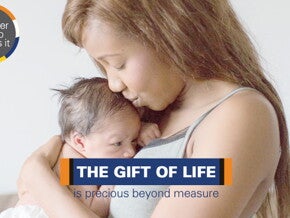
Breastfeeding Videos
A Breastfeeding experience which is enjoyable and beneficial to both mom and b
5 mins to read
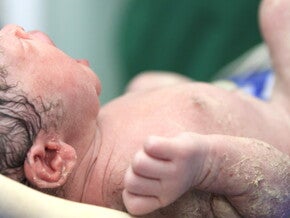
The Apgar score
Apgar:
A system of evaluating a newborn’s physical condition by assigning a score (0,1, 2) to each of the following criteria:
5 mins to read
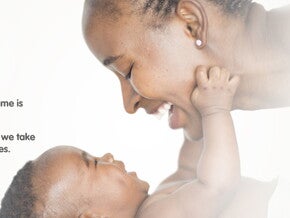
Schedule and routines
Routines are difficult to establish with a new baby. You may feel as if your life revolves around the insatiable needs of your baby.
5 mins to read
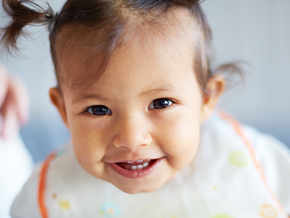
Emotional development in Your Baby
Your baby is discovering their emotions from birth.
3 mins to read

Breastfeeding – Foundation of life
Nestlé Start Strong Stay Strong aims to provide support to encourage your breastfeeding journey.
5 mins to read
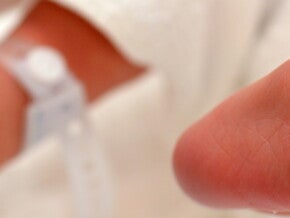
Your baby’s appearance at birth
Many parents are surprised or even alarmed at the sight of their newborn. It is important to understand that the effects of birth are usually temporary and the baby’s looks improve rapidly.
5 mins to read
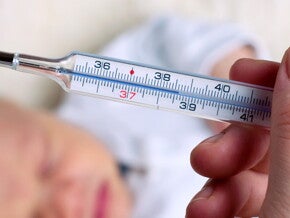
Baby’s temperature
The normal temperature of a healthy infant varies between 36–37°C. A slight rise in temperature may be due to a cold or a mild digestive upset.
5 mins to read
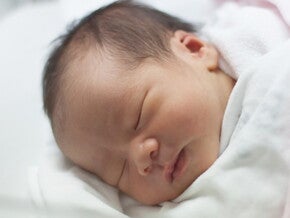
Hospital stay and going home
The average stay in hospital is about three days, if there are no complications.
1 min to read

Foundation of life
Breastmilk is uniquely designed for each individual baby!
5 mins to read
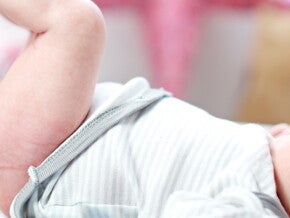
Stools
A baby’s bowels usually work within the first 24 hours after birth. The first stool, meconium, is blackish-green and sticky, with no smell.
2 mins to read
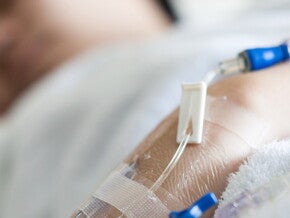
Your body
After the birth your body undergoes rapid physical and hormonal changes.
4 mins to read
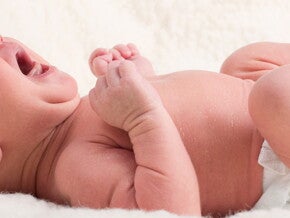
Crying
A new baby cries a great deal of the time. It is her only way of communicating. It is difficult at first to know why she cries, but your ability to interpret her cries will improve with time.
5 mins to read
